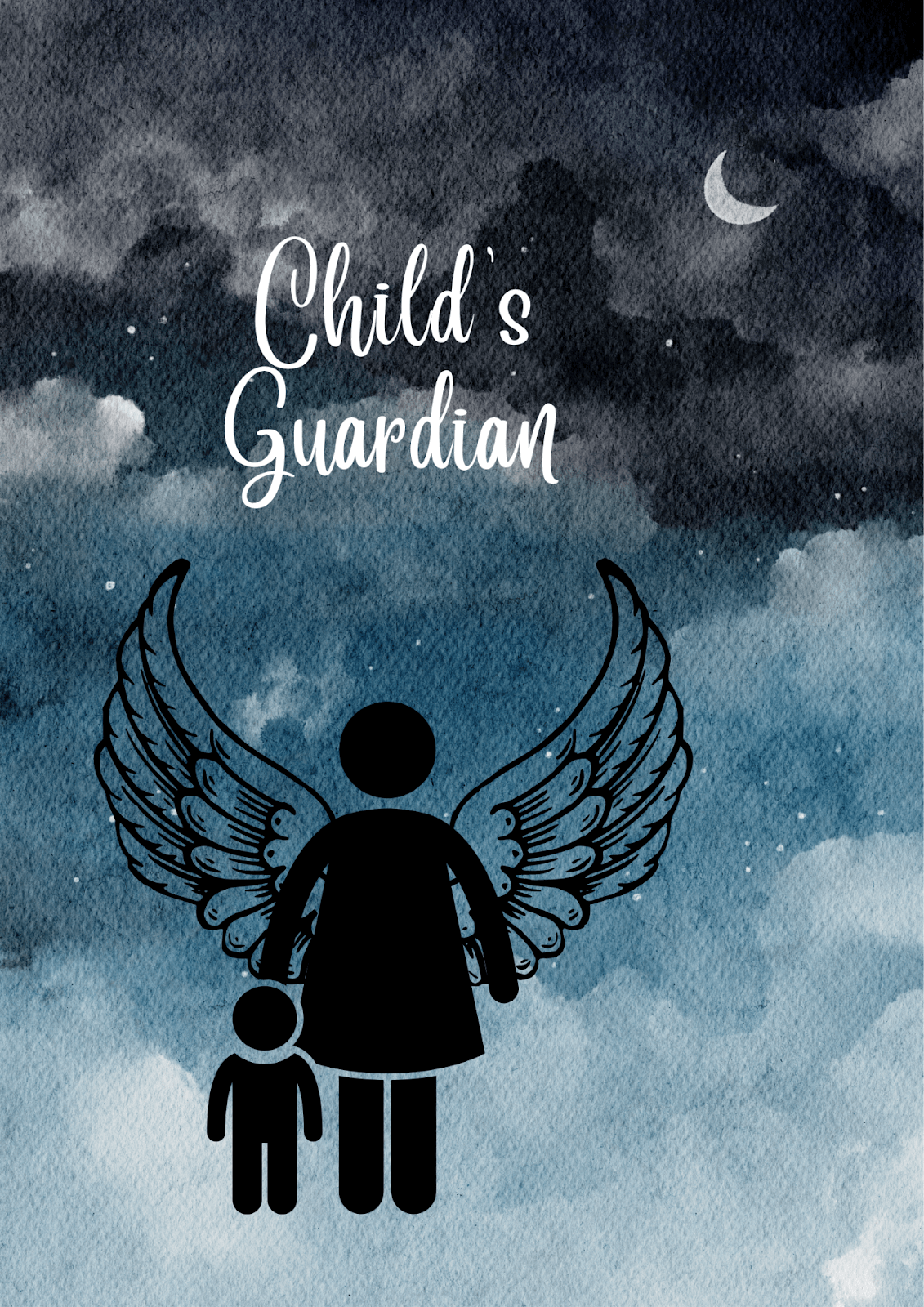A guardian is an adult appointed by a judge to make legal decisions on behalf of a child. The guardian makes decisions about the child’s safety, education, medical conditions, and other important matters. According to the circumstances, it can be either short-term or long-term. In some cases, the guardians can be permanent.
According to research, between 3.3 to 10 million children witness adult domestic violence each year. If there are kids involved, the question of child custody comes up almost all the time. And believe it when we say that child custody battles are never easy for anyone involved.
Let’s take a specific location like California, anyone looking for custody help would want to talk to a divorce lawyer in Orange county and a child custody lawyer. Children’s guardianship should consider both parents equally. The likelihood of the situation improving decreases when one parent accuses the other of domestic abuse. Therefore, both legal experts are needed to assess the case.
Who Can Be the Child’s Guardian?
According to state law, a family court handles appointing a legal guardian. You can seek advice from child custody attorneys.
- You must enter the age of maturity, i.e, at least 18 years.
- You should be able to take care of and safeguard the kid.
- You need to be able to make decisions that are in the best interest of your child. This can include, among other things, deciding where to live and which school to attend.
- You must show the court that you have the money to care for your child financially if they order it.
Need for Child’s Guardian in Case of Domestic Abuse
Children who are victims of violence or abuse in the home are at a higher risk of developing a variety of adverse health outcomes as they mature into adulthood. They might become more violent as time goes by.
When a parent goes through an abusive relationship, it is challenging to know how to safeguard their children from the situation. You can consult a domestic abuse attorney or a child support lawyer. You can appoint a guardian for your child through court to take care of the child.
Duties of a Child’s Guardian
Guardianship of a child is a serious responsibility. The duties of a caretaker include
- Seeing to the child’s health,
- Education, and
- General welfare.
To be a legal guardian, you need legal authority to make decisions on the child’s behalf. Taking on such a large amount of responsibilities might be challenging.
You could have to make tough decisions. Let’s say whether your ward should attend college or receive medical treatment. You should consider guardianship on a serious note if you’re considering taking on that role.
1. Health Needs Should Meet
The guardian has a legal responsibility to look out for the child’s health. The court may remove the guardian’s rights if a guardian cannot ensure the child’s well-being.
It is the responsibility of the legal guardian to take care of the ward’s medical insurance needs. The child needs health insurance immediately if the child is not already covered.
The legal guardian must provide a safe and healthy environment for the minor. They may do so with the help of state and federal services and funding.
2. Keeps Record of the Child’s Account
To fulfill your duty as guardian of the minor’s property, you must keep detailed financial records. The guardian must guarantee that the finances last as long as workable or provide the best welfare for the child. This might result in the following cases:
- Investments,
- Involvement in the banking industry, or
- Other financial decisions.
The guardian may want to speak with a finance lawyer about the best way to ensure the minor’s financial support lasts as long as possible. A financial attorney may also recommend the means of increasing long-term finances.
A guardian’s responsibility includes keeping detailed records of all child’s bank account activities. The guardian should record all assets, liabilities, transactions, purchases, and sales.
3. Property Management
A guardian should safeguard minors’ property but have no authority over it. The child’s legal guardian should inform the minor about the property. You will manage your ward’s property (including their savings) until they reach the age of maturity (18 years).
Otherwise, the court should approve all the decisions a guardian makes involving buying, selling, or investing in real estate.
For more significant items of property given to a child before he reaches legal age. The guardian must keep them in good working order so that they are ready for use when the child reaches legal age.
4. Education Duties
The legal guardian should help the ward select appropriate educational institutions. They must take an active role in the child’s school life. Also, they should encourage the child to develop and pursue academic objectives.
Guardians should take the following steps toward fostering a healthy relationship:
- To show a positive outlook on education
- To foster a cooperative relationship with their child
- To insist on prompt delivery of all school correspondence
- To ensure that their child has a quiet, comfortable place to do homework
- To encourage their child to take an active role in their education
5. Submit Periodic Reports on the Child’s Physical Condition and Progress in School to the Court
The legal guardian must update the court on the ward’s health and academic performance. The court also requires the guardian to report on the child’s progress on a regular basis.
Termination of Guardianship
When a child reaches adulthood, the guardian’s legal responsibility ends. Guardianship under the health care power of attorney form maintains if the ward becomes disabled or incapable and requires help in making medical decisions.
Conclusion
Guardianship is one of the most crucial and demanding roles in society. Caretakers must understand their roles and obligations.
A child’s legal guardian is accountable for their welfare and safety. When parents cannot make decisions for their children, guardians step in to do so on their behalf.
To the extent that the kid continues to live with his biological parents after the court has appointed a guardian. It is the responsibility of the guardian and the birth parents to collaborate for the child’s best interests.


